Challenging Psychiatry’s Reliance on the Disease Model: A Comprehensive Review
This article provides an in-depth review and evaluation of Challenging Psychiatry’s Reliance on the Disease Model: A New Take on Diagnosis, Pathology, and Disablement by Digby Tantam. It covers the book’s key themes, chapter summaries, strengths, and its relevance to students, researchers, and professionals in psychiatry and mental health. The article is optimized for SEO and highlights the book’s unique contribution to mental health discourse.
Introduction to Challenging Psychiatry’s Reliance on the Disease Model
What is Challenging Psychiatry’s Reliance on the Disease Model about?
Challenging Psychiatry’s Reliance on the Disease Model: A New Take on Diagnosis, Pathology, and Disablement by Digby Tantam is a thought-provoking book that critiques psychiatry’s long-standing reliance on the disease model. The book explores the limitations of categorizing mental health conditions as diseases and proposes a more holistic disablement model. Tantam argues for a paradigm shift in psychiatry to embrace a person-centered approach that accounts for mental, social, and biological factors. This work combines years of psychiatric expertise, philosophical insights, and practical approaches to redefine how mental health issues are understood and treated.
Why is this book significant?
The book addresses pressing issues in psychiatry, including the stigma surrounding mental illness, the limitations of diagnosis, and the need for a shift toward collaborative treatment methods. It offers an alternative to the traditional disease-based framework, making it a valuable resource for students, clinicians, and researchers in mental health.
A Brief Introduction to the Book’s Content
What does each chapter of the book cover?
Chapter Summaries
1. The Origins of Psychiatric Disease Theory
This chapter explores the history of psychiatry’s focus on the disease model, tracing its roots to 19th-century medical frameworks. The author critically examines how this model has shaped the field, often to its detriment.
2. Materialism as a Symptom
Here, Tantam critiques the reductionist materialism in psychiatry, which treats the brain as a biological machine and ignores the mind’s complexity and the impact of social factors.
3. Does Diagnosis Always Imply Disease?
This chapter challenges the idea that psychiatric diagnoses are synonymous with diseases. Tantam argues that many diagnoses reflect social and psychological distress rather than biological abnormalities.
4. Investigating Psychiatry’s Preoccupation with Disease
A deep dive into psychiatry’s obsession with curing mental illnesses rather than managing them holistically. Tantam highlights the harmful consequences of this approach, including over-medicalization.
5. Differential Diagnosis and Other Approaches to Mental Health Conditions
Tantam discusses alternative frameworks, such as dimensional and disablement models, which emphasize understanding mental health conditions as part of the human experience rather than diseases to be cured.
6. Prescribing the Cure
This chapter critiques the psychiatric field’s reliance on medication as a one-size-fits-all solution. It explores the ethical dilemmas and limitations of psychopharmacology.
7. Neurodevelopmental Disorder as a Model for Every Mental Health Condition
Tantam proposes the neurodevelopmental model as a more inclusive and flexible approach to understanding mental health conditions, emphasizing developmental trajectories over rigid diagnoses.
8. Management of Schizophrenia: Widening the Neurodevelopmental Model to All Mental Health Conditions
Using schizophrenia as a case study, the author showcases how the neurodevelopmental model can be applied to other mental health conditions, promoting dignity and autonomy for patients.
9. A Possible New Future for Psychiatry
The final chapter outlines Tantam’s vision for a psychiatry that integrates medical, psychological, and social perspectives to move beyond the disease model.
In-Depth Review of the Book
What are the strengths of Challenging Psychiatry’s Reliance on the Disease Model?
1. A Holistic Perspective on Mental Health
Tantam’s book excels in presenting a balanced view of mental health, challenging the reductionist tendencies of the disease model. By incorporating the disablement model, he emphasizes the importance of dignity, autonomy, and collaboration in mental health care. This approach resonates with modern calls for person-centered treatment.
2. Evidence-Based Critique
The book offers a well-researched critique of the disease model, supported by both qualitative and quantitative findings. Tantam draws on real-life cases, historical analysis, and philosophical insights to strengthen his arguments.
3. Practical Applications
Tantam provides actionable insights for clinicians, researchers, and educators. His discussion of alternative frameworks, such as the neurodevelopmental model, offers a practical roadmap for improving mental health diagnosis and treatment.
4. Accessibility for Different Audiences
The book is written in clear, concise language, making it accessible to both professionals and students. Its interdisciplinary approach appeals to readers in psychiatry, psychology, philosophy, and social work.
Who is this book suitable for?
1. Students and Educators
The book is an excellent resource for students and professors in psychiatry, psychology, and mental health studies. It provides a critical perspective on traditional psychiatric models and introduces alternative frameworks for diagnosis and treatment.
2. Mental Health Professionals
Clinicians, therapists, and psychiatrists will find this book valuable for its practical insights into patient care. It challenges professionals to rethink their approach to mental illness and adopt more inclusive, collaborative practices.
3. Researchers and Academics
Researchers in mental health and related fields will appreciate Tantam’s evidence-based critique and theoretical contributions. The book is a rich source of ideas for further study and debate.
4. General Readers Interested in Mental Health
For anyone curious about the evolution of psychiatry and its current challenges, this book offers an engaging and informative read.
What are the book’s limitations?
1. Heavy Focus on Theory
While the book is rich in theoretical insights, some readers may find the discussions dense, particularly if they are unfamiliar with psychiatric terminology.
2. Limited Exploration of Implementation
Although the book proposes alternatives to the disease model, it offers limited guidance on how to implement these approaches in practical settings.
Frequently Asked Questions
1. Why is the book relevant today?
The book addresses ongoing debates in psychiatry about the validity of the disease model and the need for more holistic approaches to mental health care.
2. What makes this book stand out?
Its interdisciplinary approach, combining psychiatry, philosophy, and sociology, offers a unique perspective on mental health.
3. Does the book offer solutions to psychiatry’s challenges?
Yes, the book proposes alternative models, such as the neurodevelopmental and disablement approaches, but stops short of providing detailed implementation strategies.
4. Is the book suitable for beginners?
While accessible, some chapters may require basic knowledge of psychiatric concepts to fully appreciate the arguments.
Conclusion
Should you read Challenging Psychiatry’s Reliance on the Disease Model?
Absolutely. Digby Tantam’s book is a groundbreaking critique of psychiatric practices, offering a fresh perspective on mental health care. It is particularly relevant for professionals and students in psychiatry, psychology, and related fields, but its accessible language makes it an engaging read for anyone with an interest in mental health.
Whether you are a clinician seeking better ways to support your patients or a student exploring the complexities of mental health, this book will provoke thought and inspire change.
Be the first to review “Challenging Psychiatry’s Reliance on the Disease Model: A Comprehensive Review” Cancel reply
Related products
Medical Ebook And Video Course
Sectional Anatomy by MRI and CT (5th Edition) – Comprehensive Review
Medical Ebook And Video Course
Cosmeceuticals Procedures in Cosmetic Dermatology Series 4th Edition: A Comprehensive Guide
Medical Ebook And Video Course
Pediatric Psychopharmacology for Primary Care (4th Edition): A Comprehensive Review
Medical Ebook And Video Course
Comprehensive Review of Clinical Nuclear Cardiology: Practical Applications and Future Directions
Medical Ebook And Video Course
A Comprehensive Review of Botanical Medicine for Women’s Health, 2nd Edition
Medical Ebook And Video Course
Thoracic Surgery Clerkship: A Guide for Senior Medical Students
Medical Ebook And Video Course
Comprehensive Review of Headache: A Practical Manual, 2nd Edition
Medical Ebook And Video Course
A Comprehensive Review of The Lupus Book: A Guide for Patients and Their Families, 7th Edition


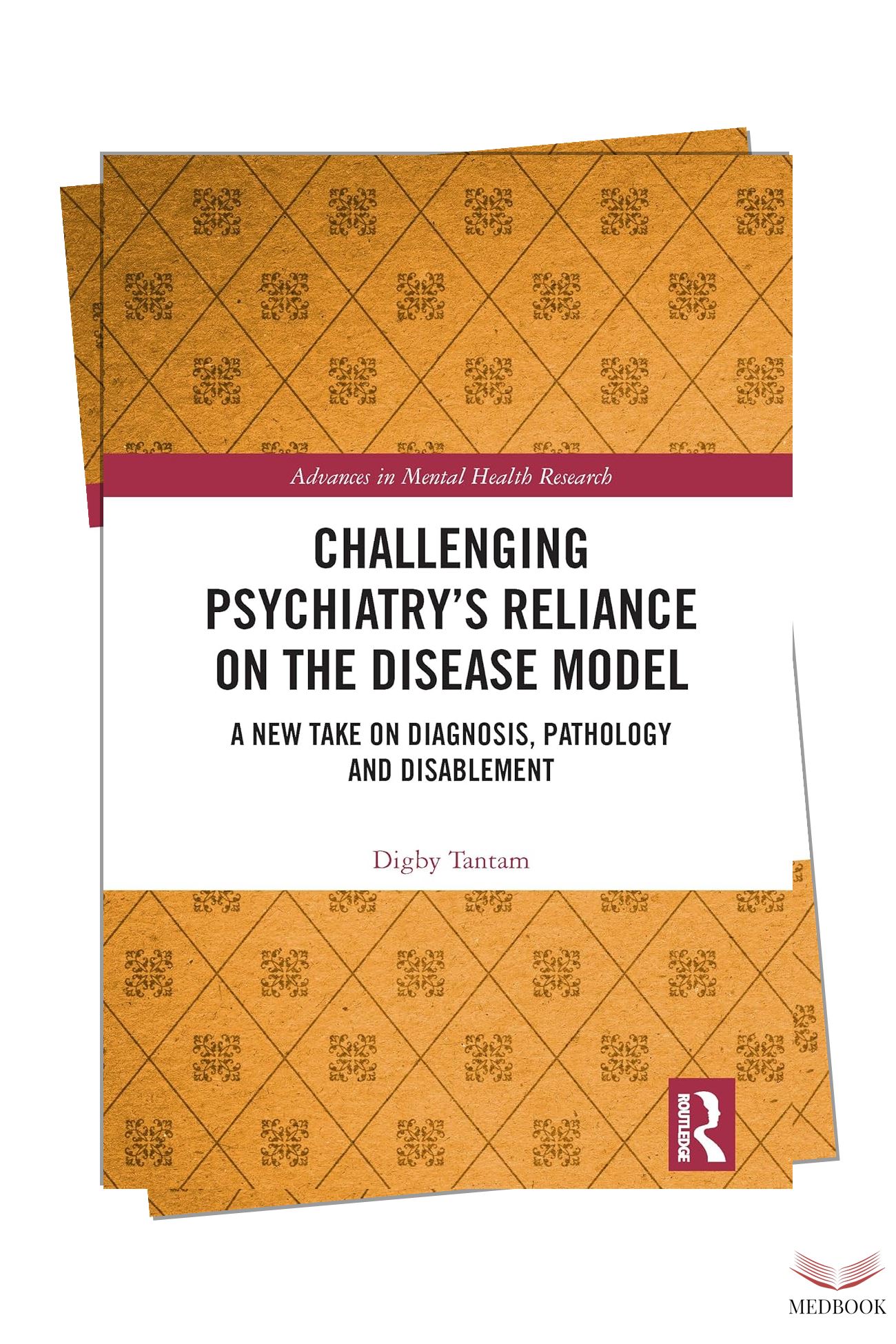
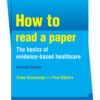
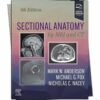
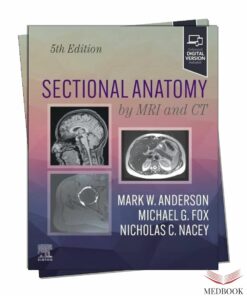

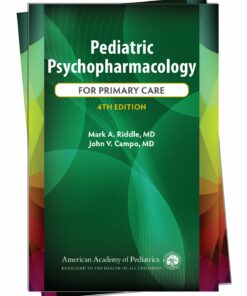


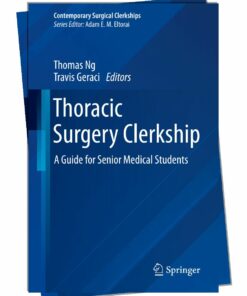
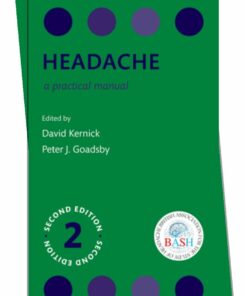
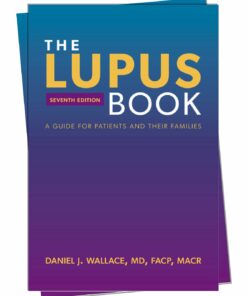
Reviews
There are no reviews yet.